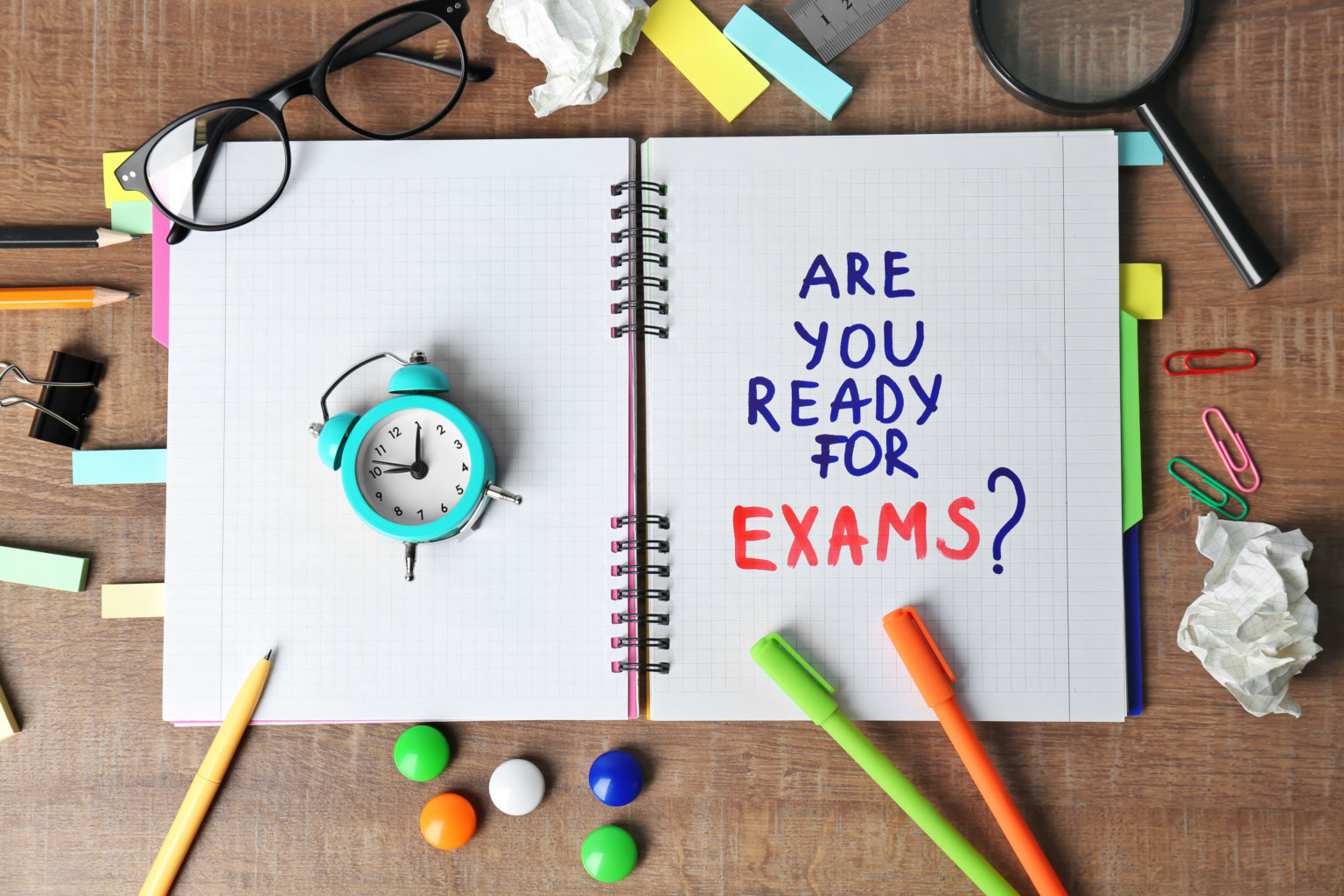
Why Practice Tests Are Your Secret Weapon for Exams
When exams are around the corner, most students spend hours reading textbooks, highlighting notes, and trying to memorize as much as possible. While these methods have their place, they often fall short when it comes to preparing you for the real pressure of test day.
If you’ve ever studied for weeks but still struggled during an exam, the problem might not be what you studied, but how you prepared. One of the most effective, yet often overlooked, study tools is the practice test.
In this blog, we’ll explore why practice tests are a game-changer for academic success, how they work, and the best ways to use them to boost your confidence and performance.
1. Practice Tests Reduce Exam Anxiety
For many students, exam stress comes from the fear of the unknown — not knowing what kinds of questions will be asked, how much time each section will take, or whether you’ll be able to recall information quickly.
Practice tests remove much of that fear by making the exam environment feel familiar. When you’ve already “experienced” something similar multiple times, your brain sees it as routine rather than a threat.
By simulating the real test conditions — same time limits, similar question formats, no notes — you teach yourself to stay calm and focused under pressure.
2. They Reveal Your Weak Spots Early
When you read your notes, it’s easy to think, “I understand this.” But the real question is, “Can I explain or apply this without looking?”
Practice tests expose the topics you think you know but actually need to review more deeply.
For example, you might score well on multiple-choice questions in history but struggle to write an essay that connects events together. This early feedback gives you time to fix your weaknesses before the actual exam.
Pro Tip: After each practice test, mark the questions you got wrong, review the correct answers, and note the specific topics you need to revisit.
3. They Strengthen Memory Through Active Recall
One of the best ways to make information stick is to practice retrieving it from memory — and that’s exactly what practice tests do.
Every time you try to answer a question without looking at your notes, you’re forcing your brain to work harder, strengthening the memory pathways associated with that information. This makes it easier to recall during the real exam.
Think of it like going to the gym: the more you exercise a muscle, the stronger it gets. Practice tests are like workouts for your brain.
4. They Teach You Time Management
Even if you know all the answers, running out of time during an exam can cost you valuable marks. Practice tests train you to pace yourself.
By doing timed tests, you learn how long you can spend on each question and when to move on to avoid getting stuck. Over time, you’ll develop a natural rhythm that allows you to answer everything efficiently without rushing at the end.
5. They Boost Confidence and Motivation
There’s nothing quite like seeing your practice test scores improve over time. That progress is motivating — it proves that your studying is paying off.
When you walk into the actual exam room knowing you’ve already practiced under similar conditions and seen your results improve, your confidence soars. And confidence is a powerful weapon against stress and self-doubt.
How to Use Practice Tests Effectively
To get the most out of practice tests, follow these tips:
- Use them early and often — don’t wait until the night before the exam.
- Simulate real test conditions — set a timer, clear your desk, and avoid distractions.
- Review immediately afterwards — identify mistakes and study those areas again.
- Track your progress — keep a record of your scores to see how you improve.
Final Thoughts
Practice tests are more than just a way to check what you know — they’re a proven method to reduce anxiety, improve memory, sharpen time management, and build confidence.
So, the next time you’re preparing for an exam, don’t just read your notes or memorize facts. Put yourself in the driver’s seat with practice tests, and turn your preparation into real performance.
Your future self, sitting in that exam hall, will thank you.

